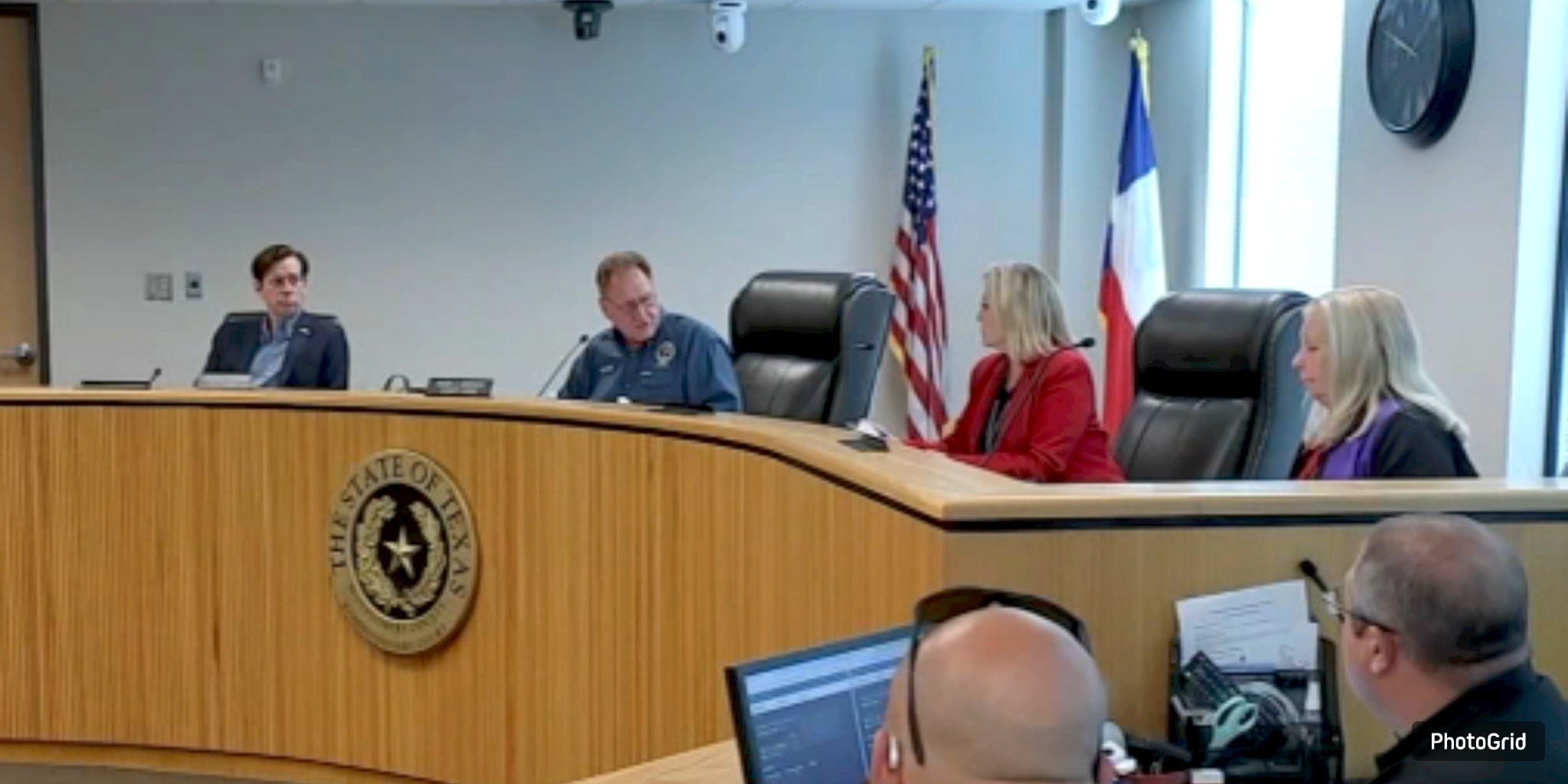A federal court has permanently blocked the Texas Dream Act, a 25-year-old law that granted in-state tuition to undocumented students in Texas. The decision is sparking renewed debate over immigration, education, and access to opportunity in Texas.

A federal judge has issued a ruling that challenges the Texas Dream Act. This pivotal law has enabled thousands of undocumented students to pursue higher education for the last quarter-century.
A recent ruling has been issued following a lawsuit led by the Trump administration in collaboration with Texas Attorney General Ken Paxton. A legal challenge has been filed, arguing that the law in question improperly grants residency benefits to students without legal status, thus providing advantages that are not accessible to all U.S. citizens.
The Dream Act, which garnered bipartisan support when it was enacted in 2012, allowed certain undocumented students living in the United States to qualify for in-state tuition, contingent upon their commitment to pursuing citizenship. The legislation, first brought forth by former State Representative Rick Noriega after a meeting with an aspiring aviation mechanic named Rosendo, received backing from lawmakers across both the Democratic and Republican parties.
Prominent endorsements were received from former Governor Rick Perry and the Texas Association of Businesses. Texas has emerged as the pioneering state in the United States to adopt this policy.
A judge in North Texas issued a permanent injunction against the law on Wednesday, ruling that it violates federal statutes. “The removal of this discriminatory and un-American provision represents a major triumph for Texas,” declared Paxton.
A recent ruling has emerged just two days after the Texas Legislature adjourned, leaving the law unchanged and highlighting a significant absence of legislative movement on the issue. Antonio Ingram, representing the Legal Defense Fund, remarked, “It demonstrates a lack of political will to target undocumented students.”
The law's importance for Texas's 57,000 undocumented college students was underscored, with a considerable portion being first-generation college attendees from low-income backgrounds.
For individuals like Rosendo, who has achieved U.S. citizenship and is currently nurturing a family in Texas, the law has demonstrated a significant impact. Noriega raises concerns regarding the potential lack of opportunities for incoming students. “What we’re going to see now is—they won’t go,” he stated, highlighting concerns about the expected decrease in college attendance among undocumented youth.

Montgomery County commissioners reviewed progress on the $480 million 2025 road bond program and postponed a decision on forming several ad hoc committees to assist with budget planning during their Feb. 26 meeting.